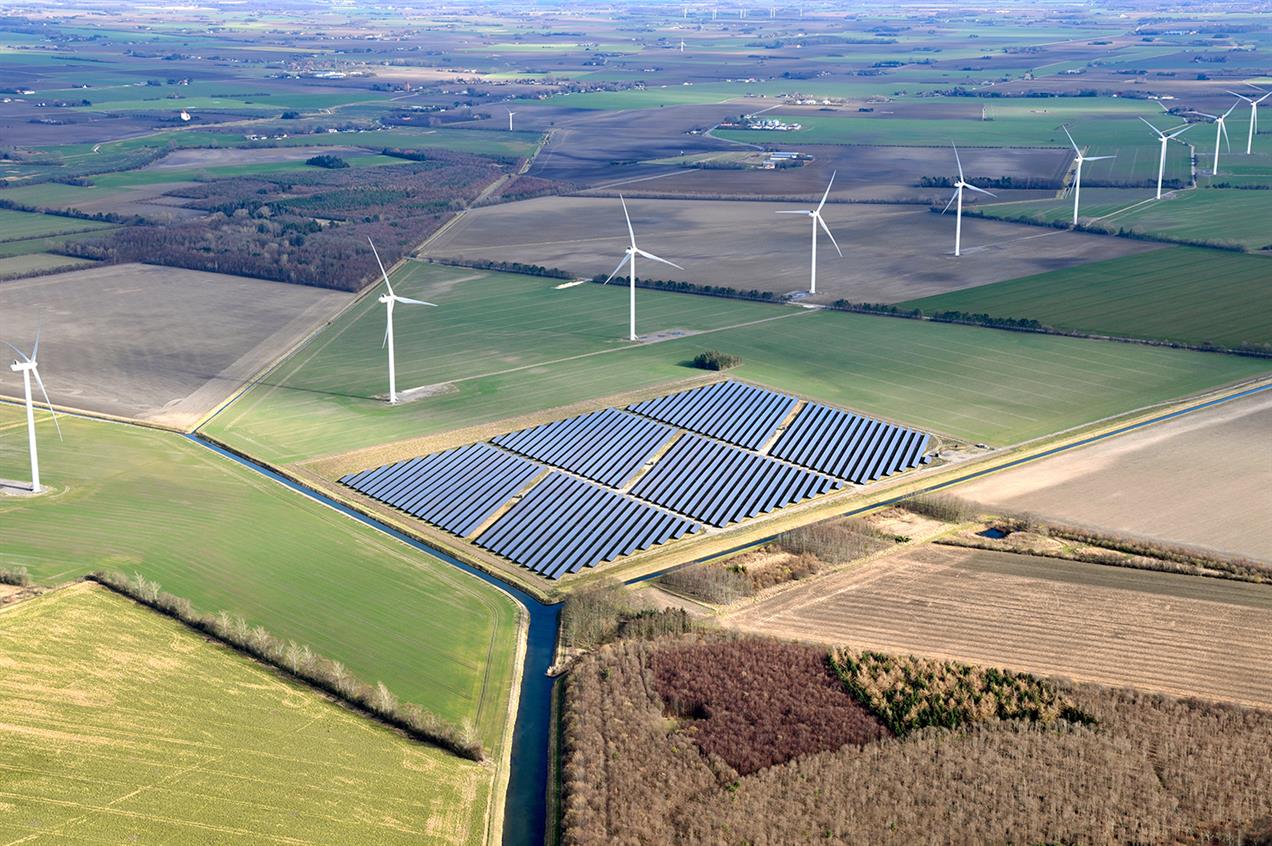A total of seven renewable energy projects secured subsidy payments in the country’s second joint-technology tender, including two wind projects totalling 72MW and two wind-solar hybrid sites for 97MW.
Bid prices included the cost of grid connection and will be paid on top of a market price.
The average price is 32% lower than the country’s first joint tender in December 2018. It leaves DKK 101 million remaining in the Danish government’s budget for the auction.
| Developer | Technology | Offer price (DKK øre/kWh) | Capacity (MW) |
| Overgaard 1B | Onshore wind | 1.00 | 36MW |
| Wind Estate | Onshore wind | 1.97 | 36MW |
| Eurowind Energy | Onshore wind & solar | 1.48 | 53MW (37.8MW wind / 15.2MW solar) |
| Eurowind Energy | Onshore wind & solar | 1.48 | 44.1MW (25.2MW wind / 18.9MW solar) |
| Solar Park Harre | Solar | 1.84 | 38.1MW |
| Solar Park Agersted | Solar | 1.84 | 26.4MW |
| Solar Park Homen | Solar | 1.84 | 18.2MW |
Danish energy minister, Dan Jørgensen repeated earlier assertions that the money put aside for renewables in Denmark could be better spent elsewhere.
"The low rate of assistance means that the money can be useful in other places where the need is greater. It can be support for the development of technologies that make it possible to store and convert the green power, for example, into fuel for aircraft and ships," said Jørgensen.
In September, Jørgensen reallocated DKK 339 million (€45.4 million) from the auction budget to be used in other initiatives.
Energy organisation Dansk Energi said it was a "pity" that the full budget was not used.
The latest auction was slightly smaller than the previous round. In the December 2018 tender, three onshore wind projects with a combined capacity of 165.5MW secured contracts with an average 20-year top-up of DKK 21.5/MWh (€2.88/MWh).
A total of 17 renewable energy project bids were awarded for approximately 260MW of onshore wind and 280MW of solar capacity.
Dansk Energi and Wind Denmark said the fall in awarded projects was the result of poor permitting and complaints processes.
"There may be various reasons why fewer projects than expected have been tendered, but one thing that is important to focus on, if we are to continue to ensure strong competition in the future, is to ensure faster progress in the municipal approval process, in the network development speed, and not least in the case processing time in the complaints boards," said Jan Hylleberg, CEO of trade association Wind Denmark.
"In order to have sufficient competition and projects in the future, there is clearly a need for more control over the planning and prioritisation of the green transition, including a much faster processing of complaints about green infrastructure.
"Otherwise, we risk German conditions in the long run where there are not enough green projects and healthy competition and therefore the market is getting overpriced."

.png)



.png)









